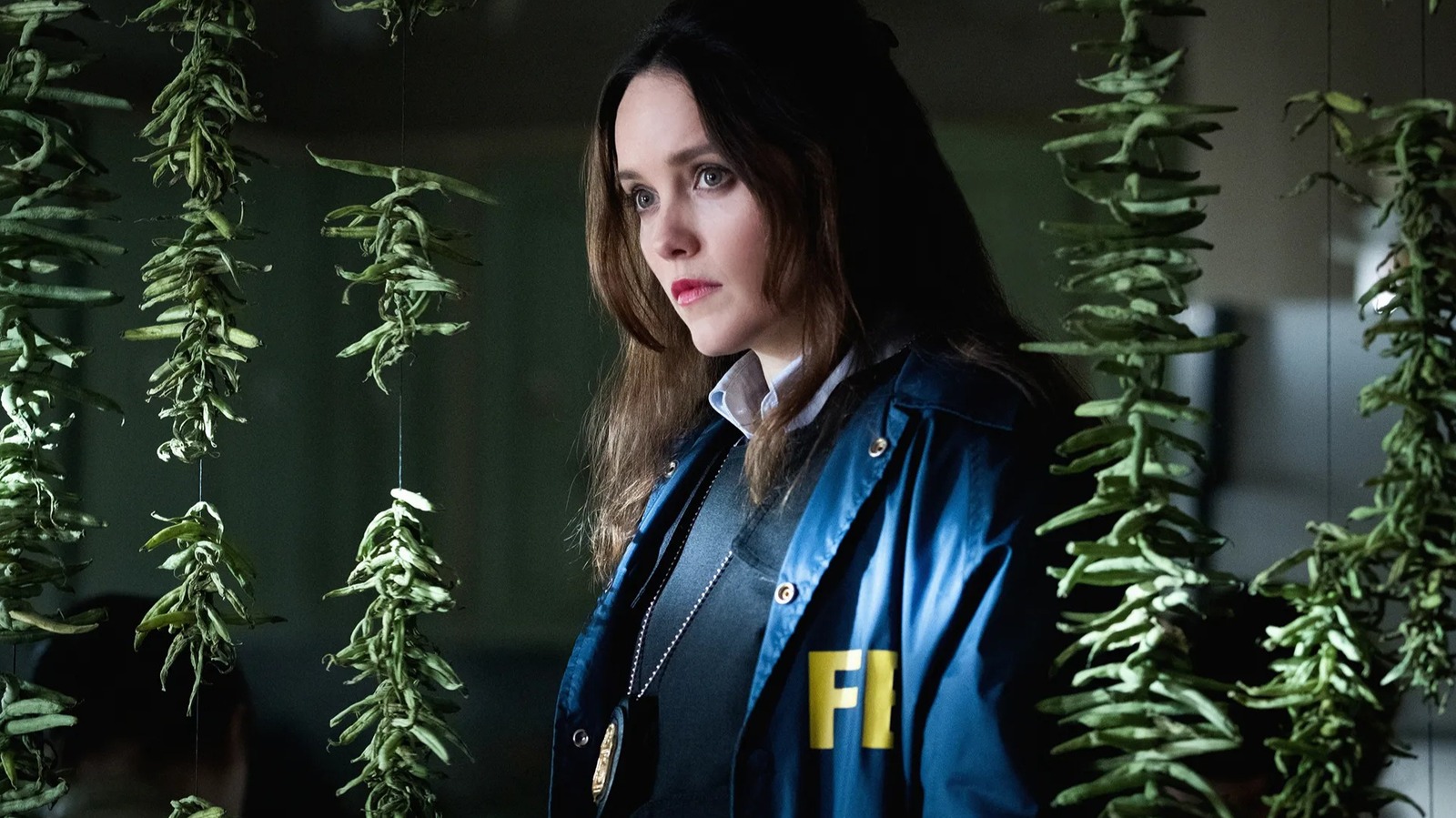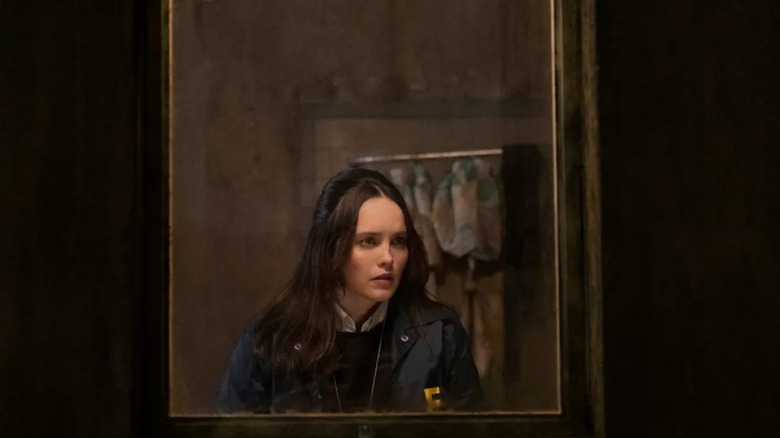Jame Gumb (Ted Levine), whose gender identity is tactlessly framed through an extremely damaging lens — a glaring flaw that still haunts the film’s glowing legacy more than 30 years since its release. The rest, however, is a compelling exploration of trauma and its manifestations throughout life, culminating in Clarice Starling’s (Jodie Foster) rattled utterance of the fact that the lambs haven’t stopped screaming.
Beyond its enduring pop culture references to fava beans and a nice Chianti, “The Silence of the Lambs” spotlighted one of the most fascinating fictional characters to exist within the psychological thriller genre. Anthony Hopkins’ brief, yet riveting turn as Dr. Hannibal Lecter helped cement the character’s legacy, promptly spawning one sequel (2001’s “Hannibal”) and two prequels (“Red Dragon” and “Hannibal Rising”) to further capitalize on the “Lambs” legacy. Fast-forward to 2013, NBC’s “Hannibal” stunned the world with a deliciously twisted, unapologetically psychosexual take on Thomas Harris’ source material, with special agent Will Graham given the chance to shine like never before.
It seemed that the world couldn’t get enough of Hannibal Lecter and his many iterations onscreen, and the only memorable story centering Clarice was sadly confined to the beloved 1991 film that started it all. That was until CBS’ “Clarice” was promoted as a follow-up to “The Silence of the Lambs,” promising to deliver the goods when it came to the vast complexities confined within its titular protagonist. Unfortunately, “Clarice” failed even before everyone could come to terms with its existence.


